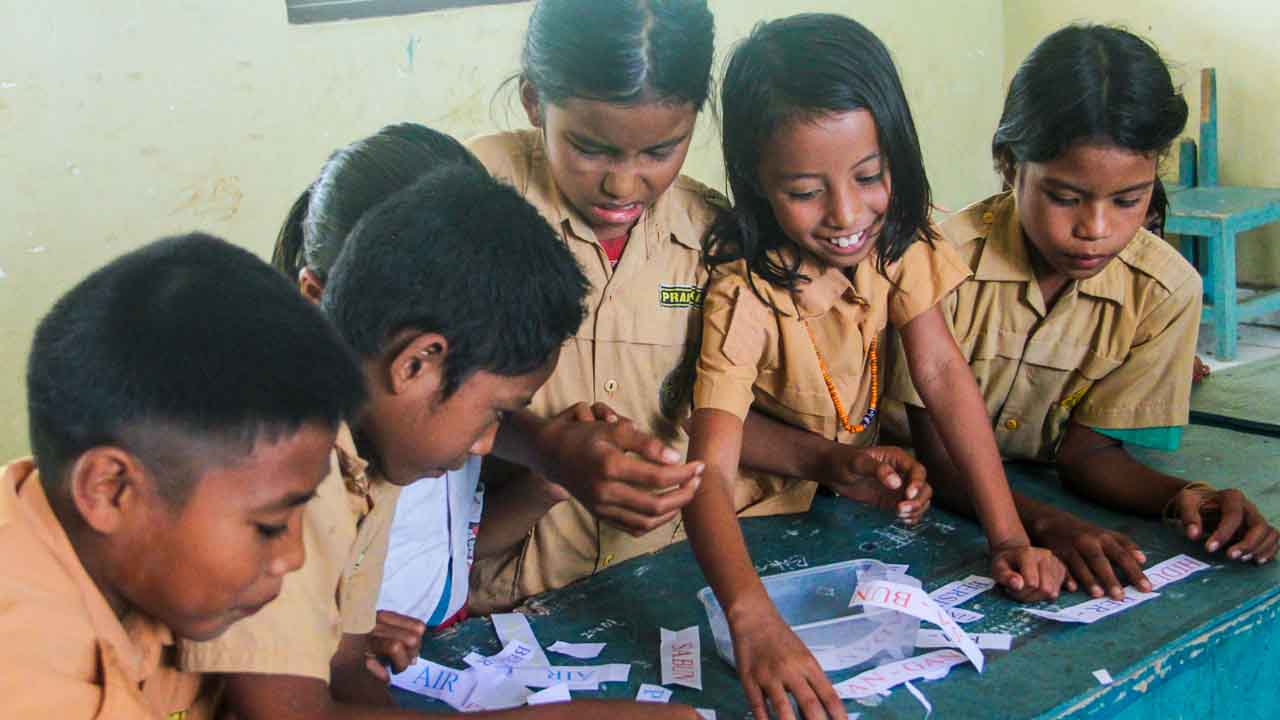We will construct eight ferrocement tanks in Hambarita to provide clean water to isolated families. Six of these are currently funded, but two remain unfunded. We require CHF 2,300 for each tank. Your support guarantees access to clean water for the most remote communities. Donate now and be part of this life-changing project.
Fair Future’s Impactful and Innovative Programs
Since 2006, Fair Future has been on a mission | Discover the human-centered initiatives of Fair Future Foundation that are changing lives in Southeast Asia. Our projects, ranging from providing clean water and healthcare to education and sustainable development, empower underserved communities to flourish.
Changing Lives Through Holistic Community Initiatives
Discover the influential initiatives transforming healthcare, education, clean water access, and sustainable development in Rural Areas
About our Programme
Welcome to the heart of the Fair Future Foundation’s mission, where all our initiatives come together. Here, you’ll discover how each programme, from #PrimaryMedicalCare and #WaterConnections to #ZeroMalaria and beyond, is designed to tackle pressing issues in health, education, and access to essential resources. These are not just projects, but real solutions for underserved communities, aiming to drive lasting change and empower local populations.
The links below lead to dedicated programme pages, providing detailed information about our solutions, our stories, and the impact of our efforts. Collectively, these initiatives create a holistic approach to addressing the complex challenges of ultra-rural areas, transforming struggles into sustainable progress.
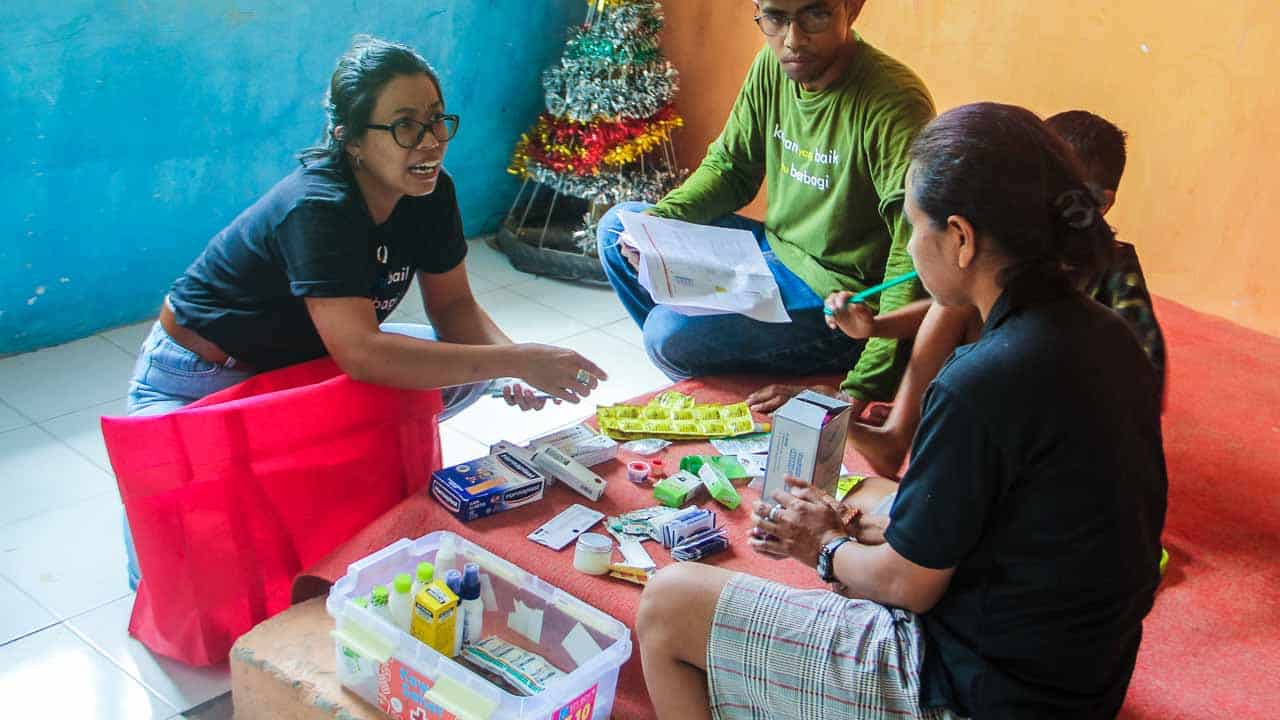
Primary Medical Care
The Primary Medical Care program delivers crucial healthcare services to isolated communities in East Sumba, Indonesia, where medical facilities are limited. By utilizing Kawan Sehat health agents, we offer life-saving care, disease prevention measures, and vital health education. This initiative not only empowers local women but also enhances community well-being and fosters sustainable solutions in these ultra-rural areas.
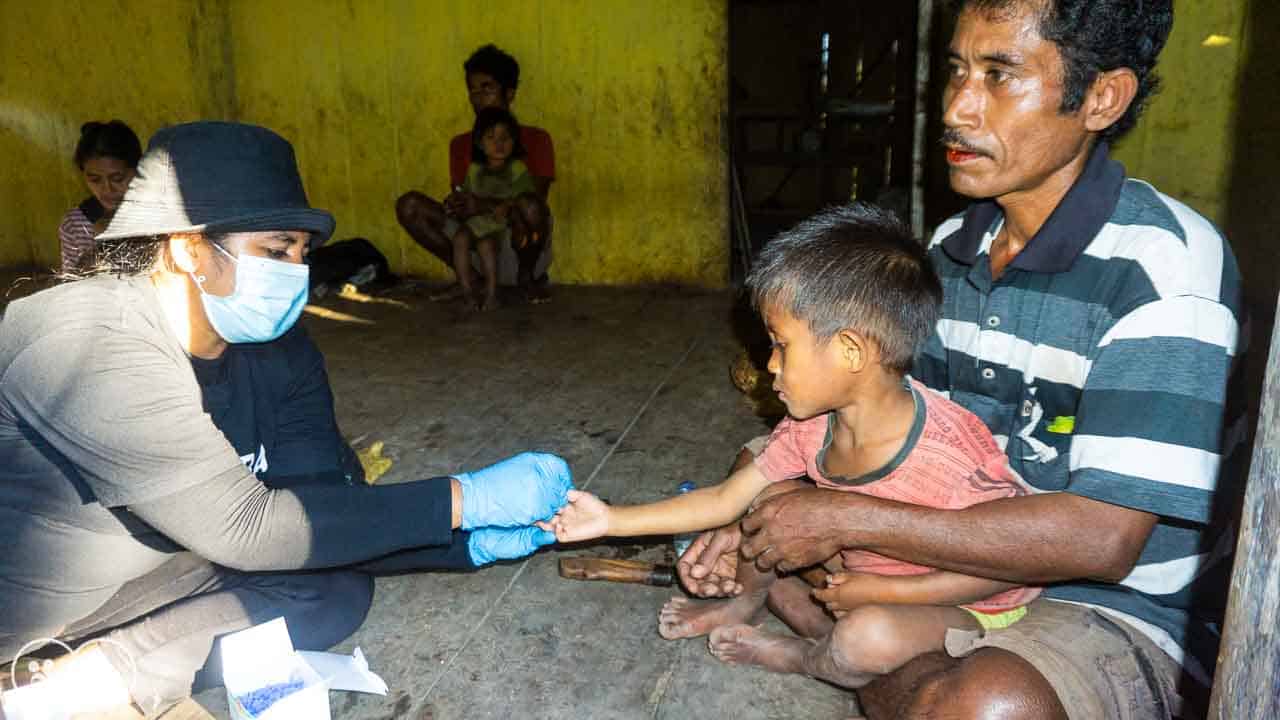
Zero Malaria
The Zero Malaria program tackles malaria and infectious diseases in extremely remote areas of Indonesia. We focus on prevention, treatment, and education by offering mosquito nets, conducting insecticide spraying, and providing health training. By targeting root causes such as stagnant water and inadequate sanitation, the initiative lowers disease prevalence, safeguards vulnerable populations, and bolsters community health resilience.

Truck Of Life
The Truck of Life provides critical medical care, supplies, and resources to extremely remote areas of Indonesia. Operating as a mobile rescue solution, it delivers essential medicines, clean water, and emergency aid to communities that lack access to healthcare or infrastructure. This initiative ensures that even the most isolated families receive life-saving support while promoting health, resilience, and dignity.
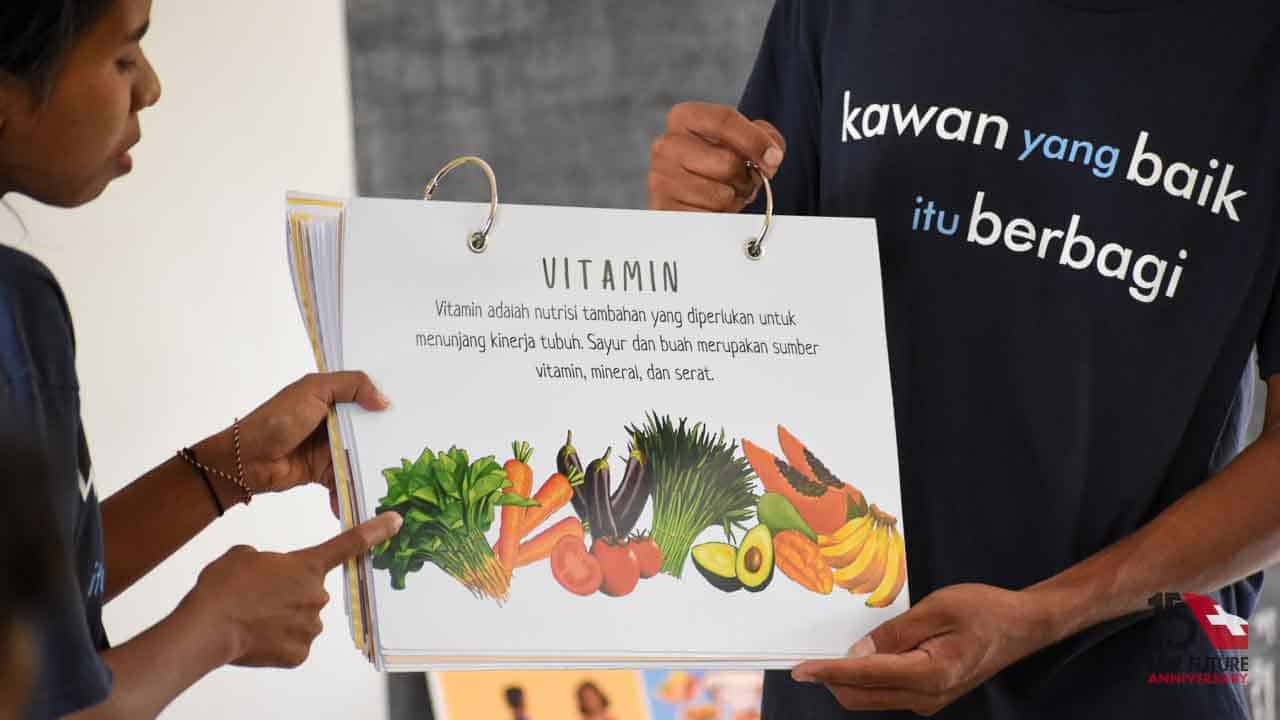
Food and Nutrition
The Food and Nutrition program tackles malnutrition and food insecurity in extremely remote communities. Fair Future offers essential resources such as sustainable food solutions, nutrition education, and community-driven farming initiatives to fight hunger and enhance health. By equipping local populations with the necessary tools and knowledge, the program promotes healthier living standards and ensures long-term food security.
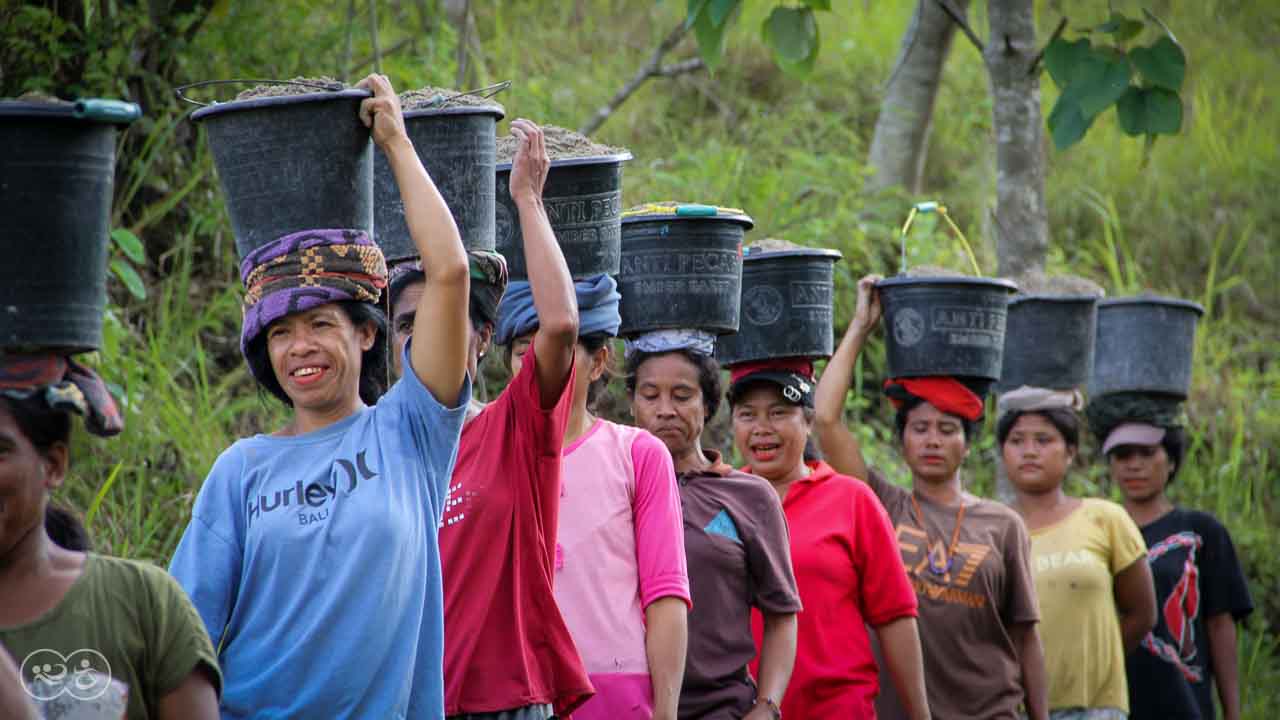
Rebuild Mbinudita
Rebuild Mbinudita is making a significant impact in East Sumba by rebuilding one of Sumba’s largest schools, providing clean water, improving health services and empowering local communities. The programme integrates infrastructure development with education initiatives, health improvements and sustainable practices to bring lasting change to over 2,800 people in one of Indonesia’s most remote regions.
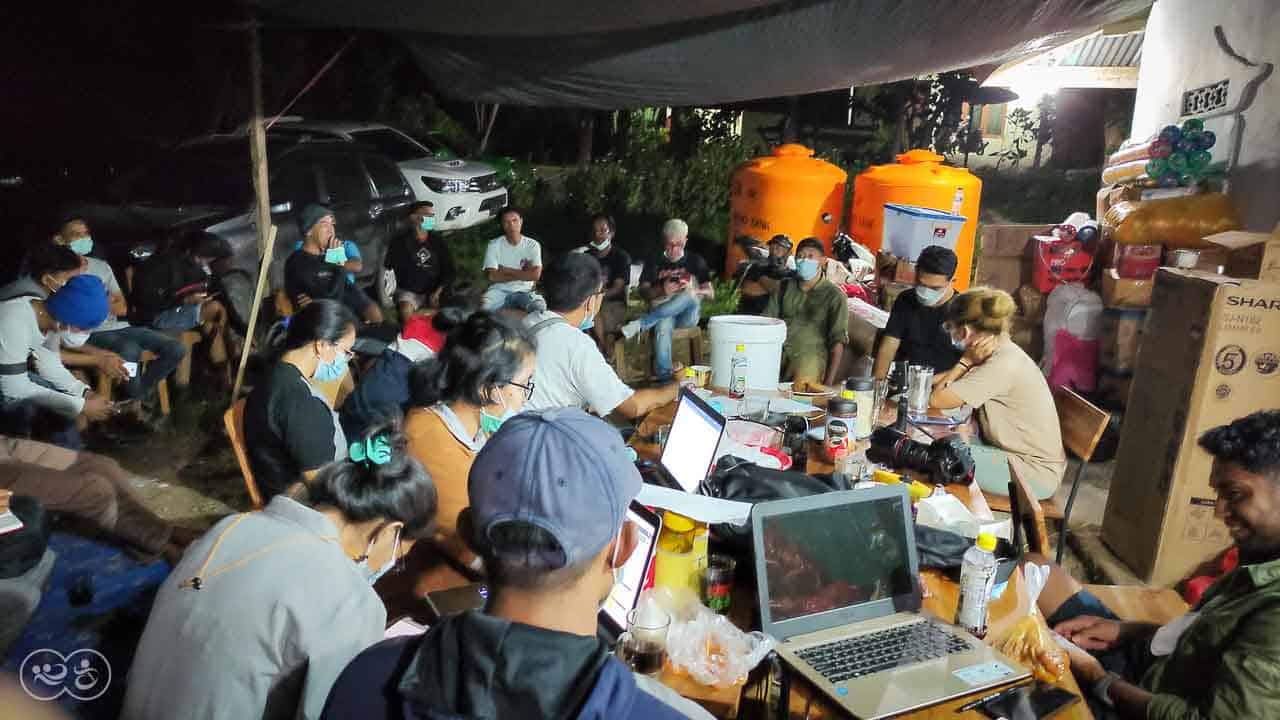
Emergency Assistances
Disaster and Emergency Assistance programs provide rapid, life-saving assistance to communities affected by health or natural crises. By providing medical care, clean water, housing, food, and shelter, Fair Future and Kawan Baik address the most urgent and critical needs while fostering long-term resilience. Our teams work directly in disaster areas to provide effective support and find solutions for those most affected.
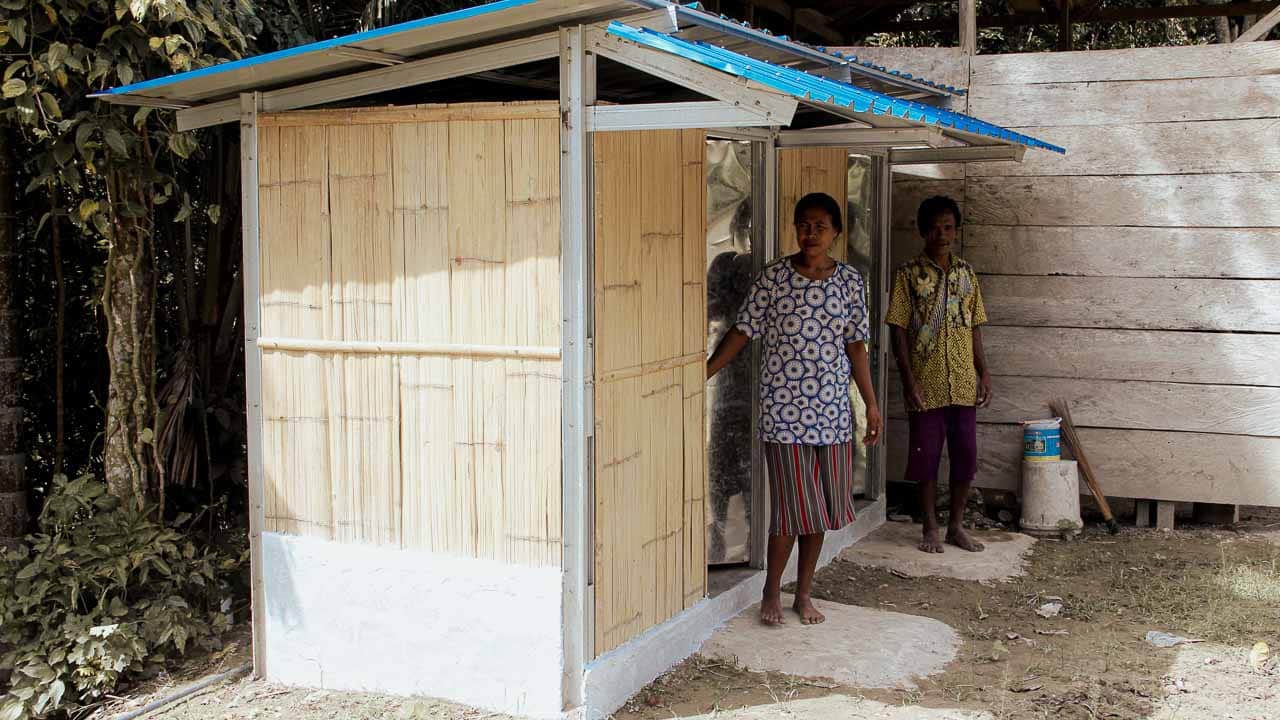
Water Connections
The Water Connections initiative guarantees access to clean water and adequate sanitation in extremely remote areas of Indonesia. By constructing sustainable water networks utilizing solar pumps and gravity systems, the program delivers drinking water, hygiene facilities, and promotes disease prevention for thousands of people. This effort enhances health outcomes by reducing illnesses caused by contaminated water while empowering communities to achieve sustainable growth.

Community Empowerment
The Community and Women Empowerment program supports ultra-rural communities by encouraging self-reliance and resilience. Focusing on women, it generates income opportunities, enhances educational access, and improves health outcomes. By advocating for local leadership, providing skills training, and implementing sustainable initiatives, the program cultivates stronger and more equitable communities poised to drive enduring change.
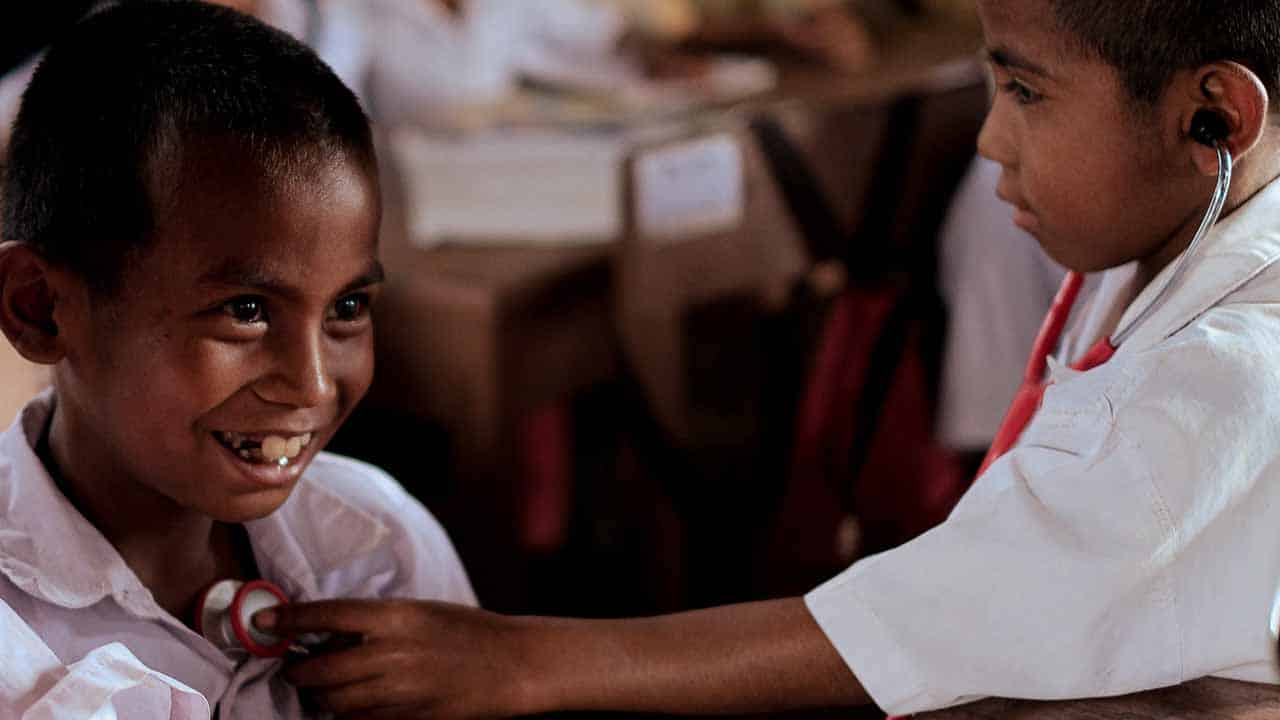
Child Health
The Child Health Initiative addresses pressing health issues affecting children in extremely rural areas. Aiming to reduce preventable diseases, malnutrition and child mortality rates, it provides essential medical services, immunization information and health education resources. By improving hygiene standards, quality of nutrition and accessibility to health care, the programme promotes a healthier future for at-risk children and their communities.
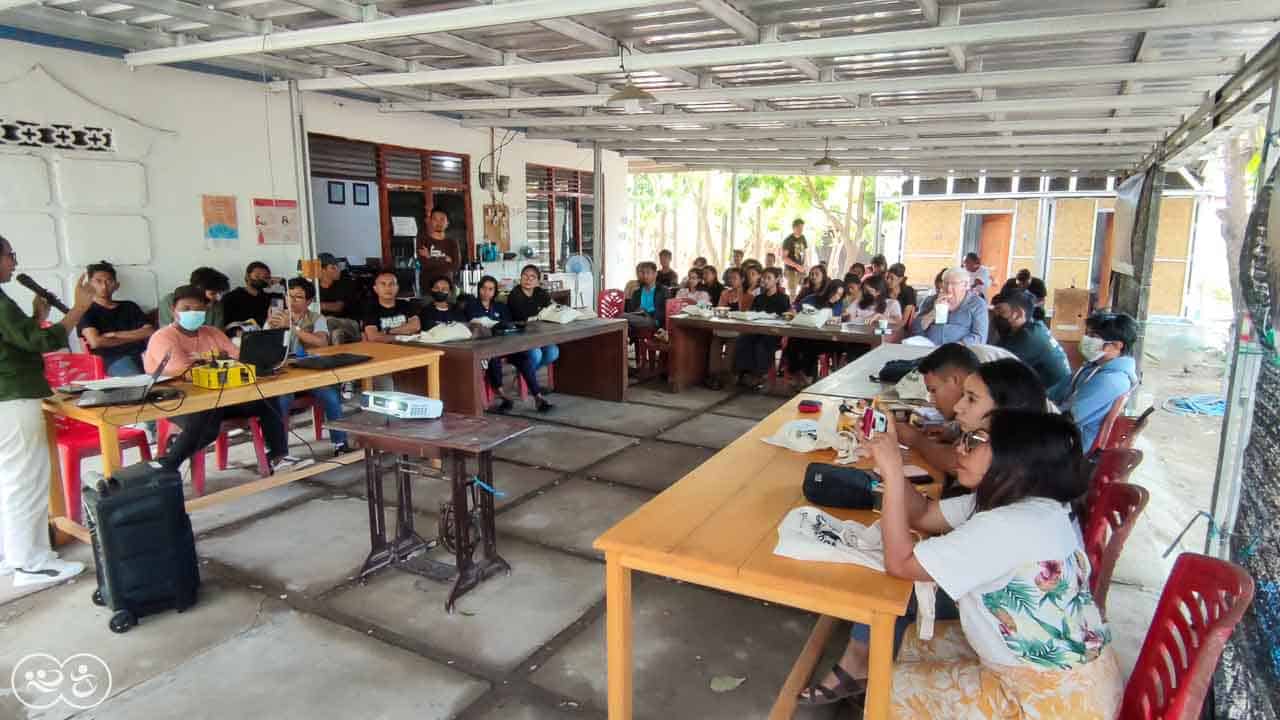
Rumah Kambera
Rumah Kambera is the medical-social base camp of Fair Future and Kawan Baik Foundations in East Sumba. It serves as a hub for pioneering projects that provide healthcare, clean water, education, and disaster relief. Our pharmacy has been located there since 2021. This facility brings together teams and communities to work on sustainable solutions to ensure that essential resources reach underserved areas while fostering resilience and growth.
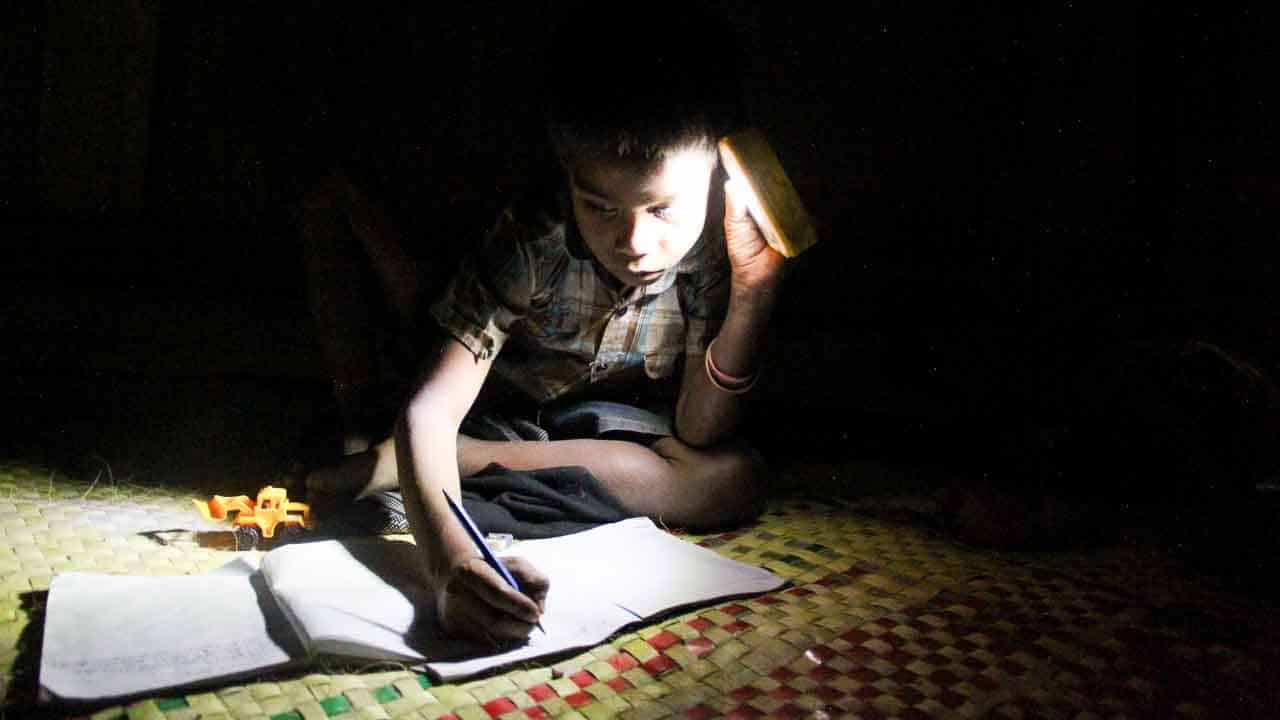
Solar Buddy
The Solar Buddy initiative provides solar-powered lamps to children in extremely remote communities in Indonesia who lack access to electricity. These environmentally friendly lamps improve safety, facilitate education, and reduce health risks by replacing dangerous kerosene lamps. Through sustainable energy solutions, Fair Future enables families and children to thrive in a brighter, healthier environment.
Together, these programs define Fair Future’s unwavering commitment to creating lasting, transformative change in ultra-rural communities. By addressing critical issues like healthcare, education, clean water, and empowerment, we build sustainable solutions that respect local cultures and needs. Each program contributes to a brighter, healthier, and more equitable future, made possible through collaboration and shared humanity.
Alex Wettstein – Fair Future Foundation – Updated in December 2024


